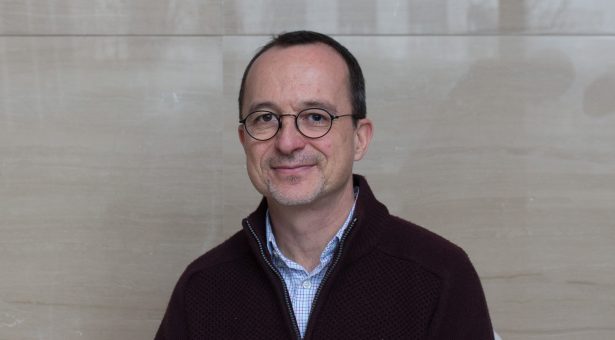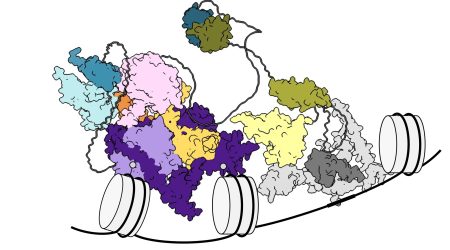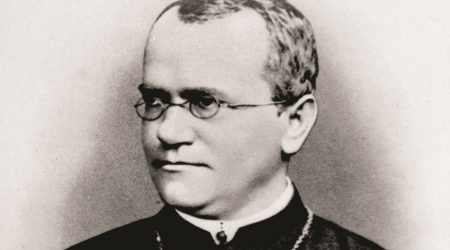Being a Group Leader at the John Innes Centre; Professor Robert Sablowski

Last week we gave you the perspective of one of our most recent Group Leaders.
This week, we have one of our more experienced. We sat down with Professor Robert Sablowski to get his thoughts on what it takes to be a Group Leader at a world-leading plant and microbial research institute.
“You need to have passion for what you do and take great pleasure in your work. I am motivated by finding the answer to something that nobody else knows yet.
If you think of what we already know as a sheet, when you lift the corner of that cover and see what is underneath for the first time, that feeling matters a lot.
In the long term, it is essential to keep that passion, although your focus and perspective may change.
If your passion is faltering, you will find that frustration will get in the way. As any scientist will know, the majority of our ideas fail and you have to try a lot to hit something important, it does not happen every day. For that reason, you also have to be resilient.
A source of great satisfaction with being a Group Leader here at the John Innes Centre is the freedom to choose the scientific questions that I think are fascinating. I am expected to do work that will be recognised as important by the scientific community and beyond, so the choices are not without external influence. Nevertheless, it is a privilege to have that much freedom in the direction of your work.
I am interested in the broad question: how do genes shape plants. Specifically, my team focuses on genes that function in the growing tip of the plant, called the apical meristem. Many processes that happen in the meristem have a major effect on the final shape of plants. One example of the this is stem formation – genes that regulate this process have a big effect on how tall the plant grows and how much it branches.
The work in my group is fundamental in nature. We want to understand how you get the variety of plant shapes you see in nature. The work also has potential practical use, because crop productivity is very dependent on the shape of the plant.
I have spent my entire independent research career at the John Innes Centre, but through conversations with colleagues working in other institutions, I can recognise that this place is special and that there are multiple benefits to being a Group Leader here.
Science at the John Innes Centre spans the whole range from curiosity-driven to more obviously applicable. This provides a very healthy environment for both sides of the spectrum, because the fundamental research is more easily put in context, and the practical work has more opportunities for real innovation.
To reach beyond your own perspective and keep your science up to date, you also need to fertilise your ideas through a lot of discussions with colleagues. The number and quality of colleagues working in interconnected areas is a strong point of the institute.
When you become a Group Leader, you are also responsible for the people who join your team. You need to learn to select the right people. Every person who joins your group is different, so you have to be adept at making the most of what you have and not trying to force people to fit a pre-existing ideal of what a group should be. I had no experience in any of that when I started, and I am still learning.
The transition from Postdoc to Group Leader can be challenging, but you are supported through it.
You build your group gradually, so the way you spend your time changes gradually too, you aren’t suddenly just a manager.
At the institute, we have a wide variety of types of groups and styles of management – there is more than one way to build a productive team. I have been a Group Leader for a while now, but I still do experiments and a lot of data analysis, in addition to writing papers and grant proposals and supervising my team.
With the freedom to choose your favourite questions and to build your own team, comes the responsibility to produce creative and high-quality work. You need to be ambitious. This does not mean to think about your career all the time, but that you want to produce work that is important and well-respected. In the long-term your reputation relies on others building on your work.
Rigour is essential; as Richard Feynman said, science is the art of not fooling yourself – it is very easy to be misled by expectations, both external and internal.
If you don’t lose sight of your passion, strive to be creative and rigorous, stay connected to great colleagues and take care of your group, you are likely not only to be successful, but also to have a lot of fun on the way.”



